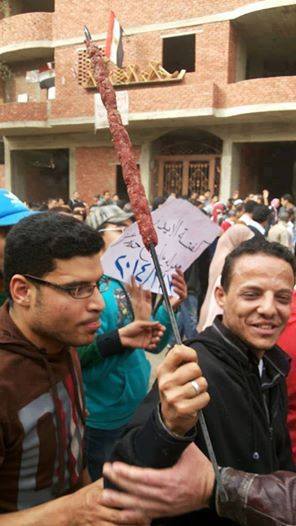I have managed what seemed nearly impossible to me these days and written a positive story from the middle east. In The Chronicle of Higher Education, I take a look at Arab researchers who -- quite against the odds -- have made discoveries or managed to bring inventive products to the market. The article is behind a pay wall but here is a bit of the section on American University in Cairo chemist Hassan Azzazy, who has developed a better test for Hepatitis C (one that is based on verifiable science, unlike some other recently announced inventions).
The new test, which relies on gold nanoparticles that change color on contact with the virus, could be on the market in a year. It should cost about $8, a tenth of the cost of the two-step test currently available.Establishing a start-up company to commercialize his breakthrough has been "a big, long journey," says Mr. Azzazy. He had to persuade his university’s administration to create the infrastructure to support his project. It took the American University in Cairo nearly two years to figure out the legal and logistical framework to create the spinoff, something no one at the university—and, its administration says, no one anywhere else in Egypt—had done before.
In 2013, Mr. Azzazy finally incorporated his company, D-Kimia, and raised about $500,000 from private investors. D-Kimia now is developing tests for other diseases, including tuberculosis and bladder cancer.
The American University in Cairo’s technology-transfer office, which was created in 2010, requests 50 percent of royalties on any product developed by professors and has filed eight patents based on Mr. Azzazy’s work; D-Kimia is developing three of them, he says.
Aside from improving Egyptians’ health, Mr. Azzazy views job creation as the other main purpose of his research. He gets visibly agitated at the thought of all the students who emerge from universities in Egypt every year with a diploma and no job prospects.
"As an educator, I owe it to my students to empower them to earn a living," he says.

